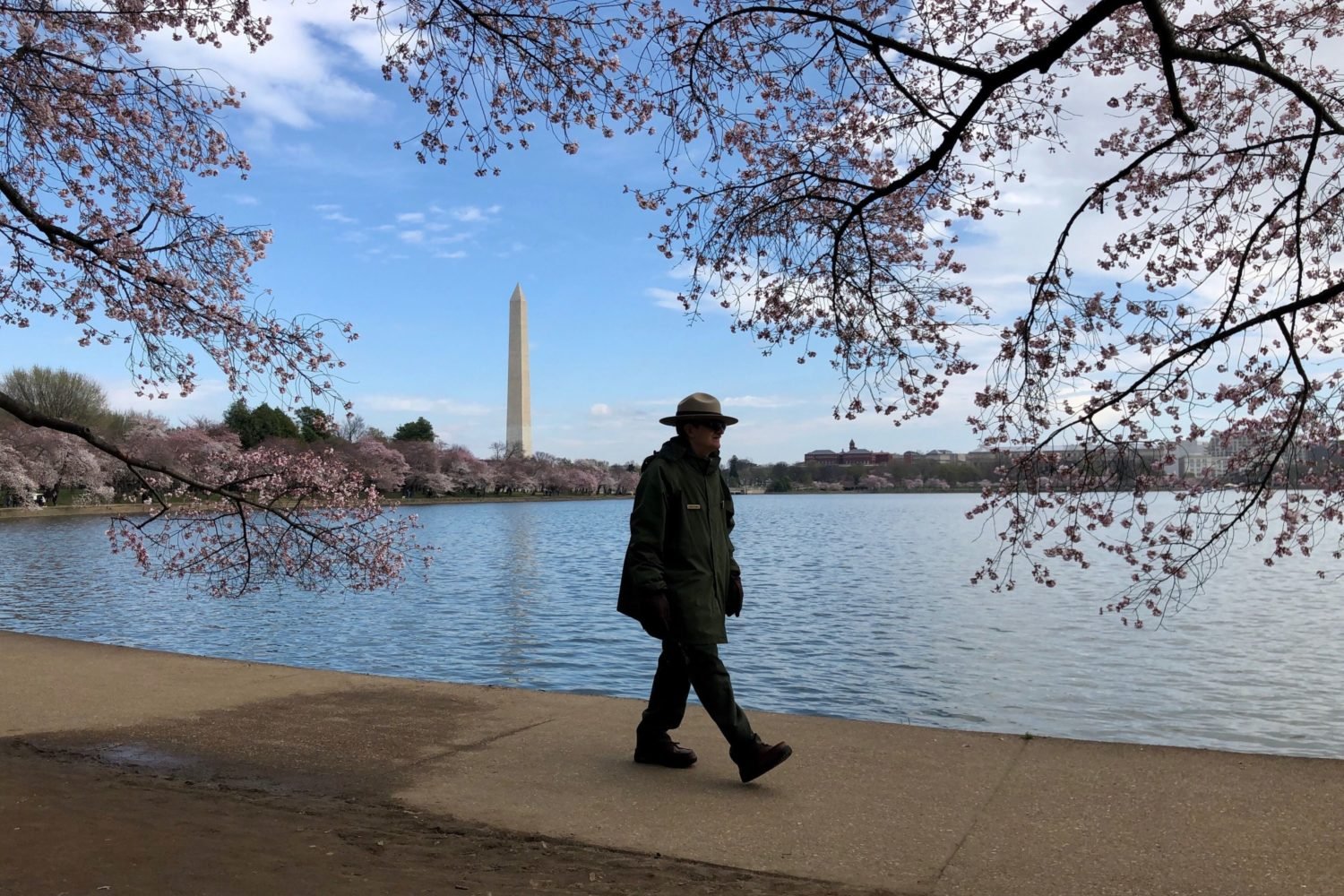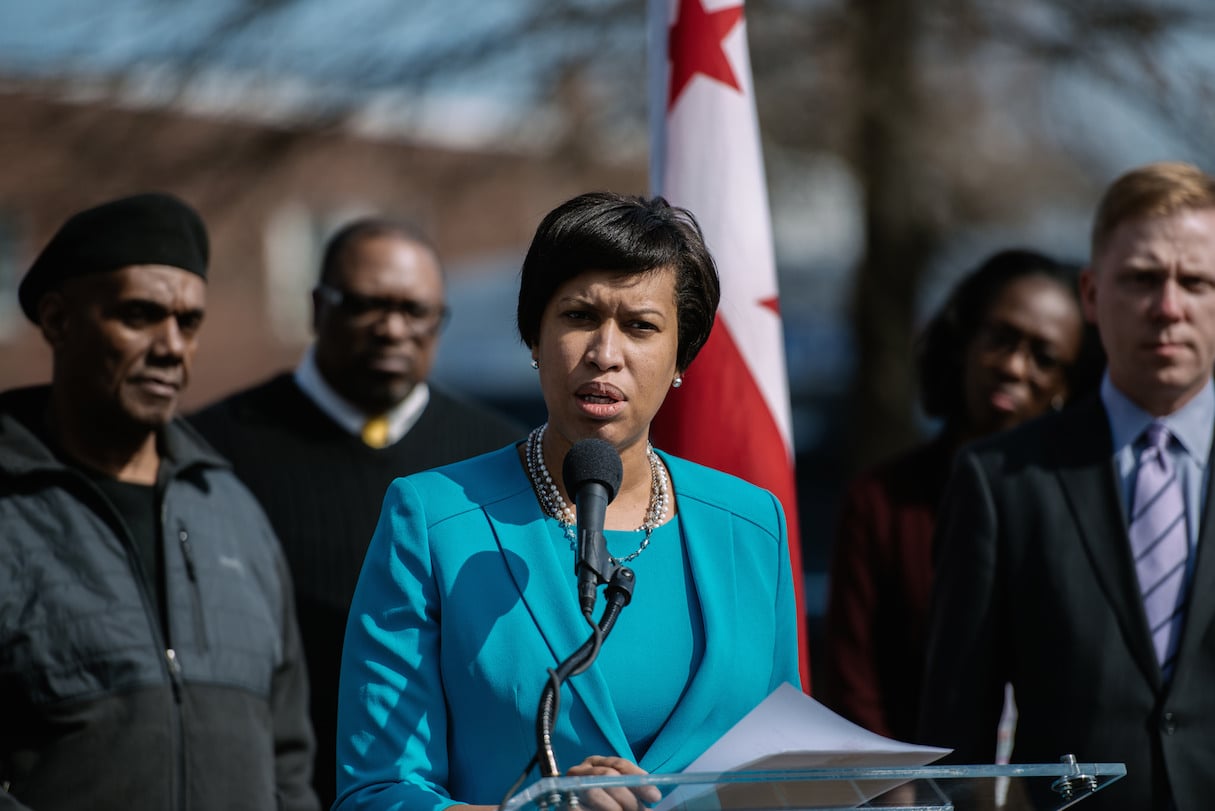About Coronavirus 2020
Washingtonian is keeping you up to date on the coronavirus around DC.
Don’t expect applause lines. Or quips. Or jokes.
If the speeches at this week’s Democratic National Convention are skillfully scripted for a virtual audience, they should sound very different from convention speeches of the past. And while some may wonder how exciting a speech without a live audience might be, at least one speechwriter sees some potential benefits to the situation.
“You can probably have a more intimate experience with the audience,” says Terence Szuplat, who runs Global Voices, a strategic communications and speechwriting firm. “Whereas in normal times the speaker would be speaking first and foremost to the convention hall and adjusting to their applause, their cheers, their reaction, in this case, the speaker will be speaking more to the viewer. Instead of orating to thousands of people in a convention hall, it could make for more intimate kinds of speeches.”
Szuplat, who served as a speechwriter for President Barack Obama for nearly eight years, was in the speechwriting room at both the 2004 and 2008 DNC conventions. “It’s going to be a totally different beast,” he says of this year. “Speeches typically are a performance by a speaker in front of a live audience. The audience and the speaker are playing off one another. We’re so used to seeing our leaders stand in front of crowds, we don’t fully appreciate how much the speaker is reacting to the emotional feedback they are getting from the audience. There won’t be any of that.”
For that reason, Szuplat says, a good virtual speech will have to be written differently. For example, politicians wanting to whip up the crowd may slowly build to a point, with three or four sentences all leading to an emotional crescendo. “I don’t think you’ll see that level of oration,” Szuplat says. “I think you’ll see more workmanlike speeches.”
Workmanlike doesn’t mean boring. One possible benefit: There may be fewer candidate gaffes, because they won’t be reacting to the chants and cheers of an audience. And because some speeches appear to be prerecorded.
Szuplat also would advise politicians to not try jokes. “We saw, with all the late-night shows at the beginning of the pandemic, they were still writing with the expectation of a punchline. They learned pretty quickly that it makes for painful viewing,” Szuplat says. “I would say keep the humor to a minimum. Don’t try for jokes because there is no audience to laugh at them. Don’t go for punchlines because there is no one to cheer for them. Don’t try to write sentences that culminate in an applause line. Just speak directly to the people watching on their laptop at home.”
Szuplat doesn’t think the fundamentals of the speech will change: “These conventions are four-day commercials for the nominee and their platform. The speeches are supposed to be about the moment we’re in, why the candidate is the right candidate for that moment, and where the candidate is going to take us if elected.”
This time, the presidential and vice-presidential candidates, and their surrogates, will be looking directly at the camera, directly at the viewer at home.
“Them looking straight at you and speaking to you is a very different experience than speaking to thousands of delegates and trying to fire them up,” Szuplat says. “I would hope it’s an opportunity for candidates to be much more accessible. Maybe that will be a good thing for our democracy—less of the theatrics and a more direct connection between a candidate and a voter.”




















